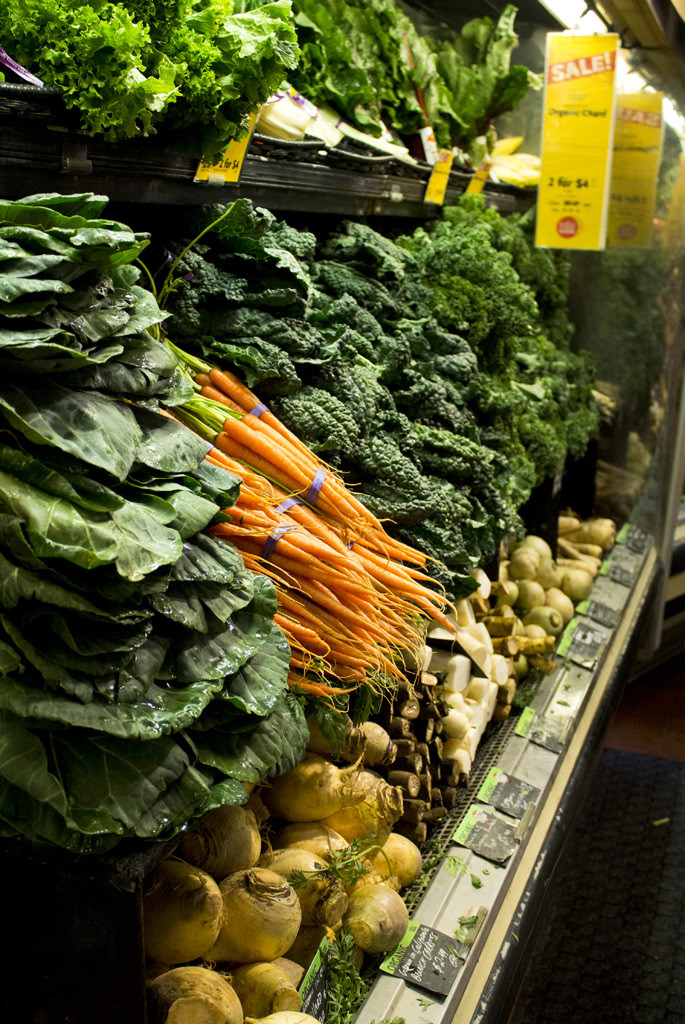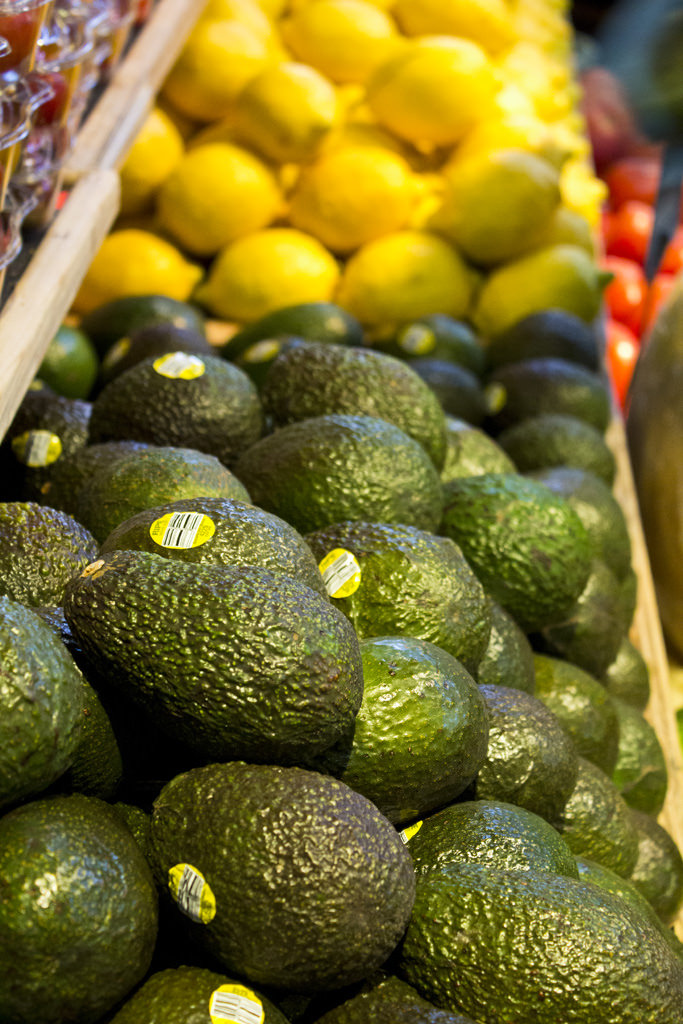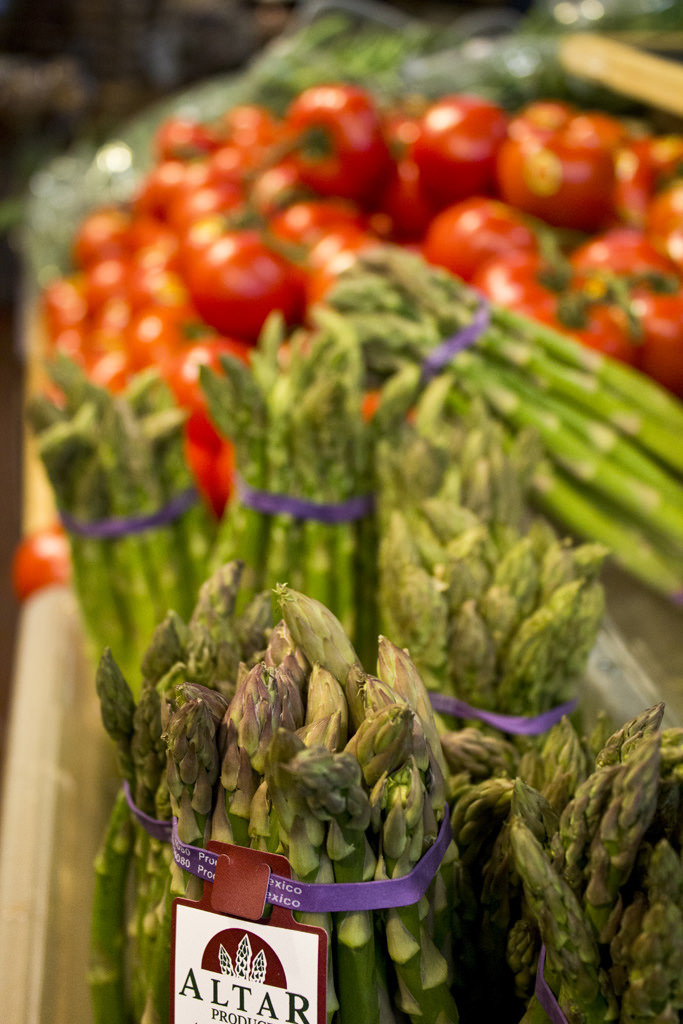Whole Foods recently implemented a ban on produce grown with fertilizer known as sludge. What is sludge exactly? Sludge, also known as biosolids, is a type of fertilizer made from treated municipal waste. It’s basically derived, in part, from poop. While many farmers prefer fertilizer, some farmers have gladly accepted using sludge to enrich their soil. However, pretty unsurprisingly, sludge is pretty big PR problem: the public doesn’t react so well when you say, “That tomato was growing in poop-treated soil.”

Photo by Hannah Lin
So what is the truth about biosolids?
Rebekah Wilce from the Center for Media and Democracy, a nonprofit organization that focuses on investigative journalism, reports that while biosolids are assumed to be safe, this claim has little scientific backing. Even though the Environmental Protection Agency regulates biosolids, many groups declare they have chemicals and metals and are toxic — and not the good Britney Spears kind.

Photo by Hannah Lin
On the other hand, Chris Peot of the District of Columbia Water and Sewer Authority states that biosolids are very safe. According to him, sludge doesn’t pose a risk to anyone eating produce grown with it — and he’s constantly testing it. While it does contain faint traces of metals, that doesn’t mean it can’t be managed safely with vigilance.
Maybe there’s just a stigma for the concept of poop? This subject has room for more debate, but it’s nice to know that we don’t have to worry about the produce we eat from Whole Foods. Whole Foods spokeswoman, Lindsay Robison, declared the ban wouldn’t actually affect the company because none of the farmers they work with use these biosolids — at least none that Whole Foods knows about.

Photo by Hannah Lin

